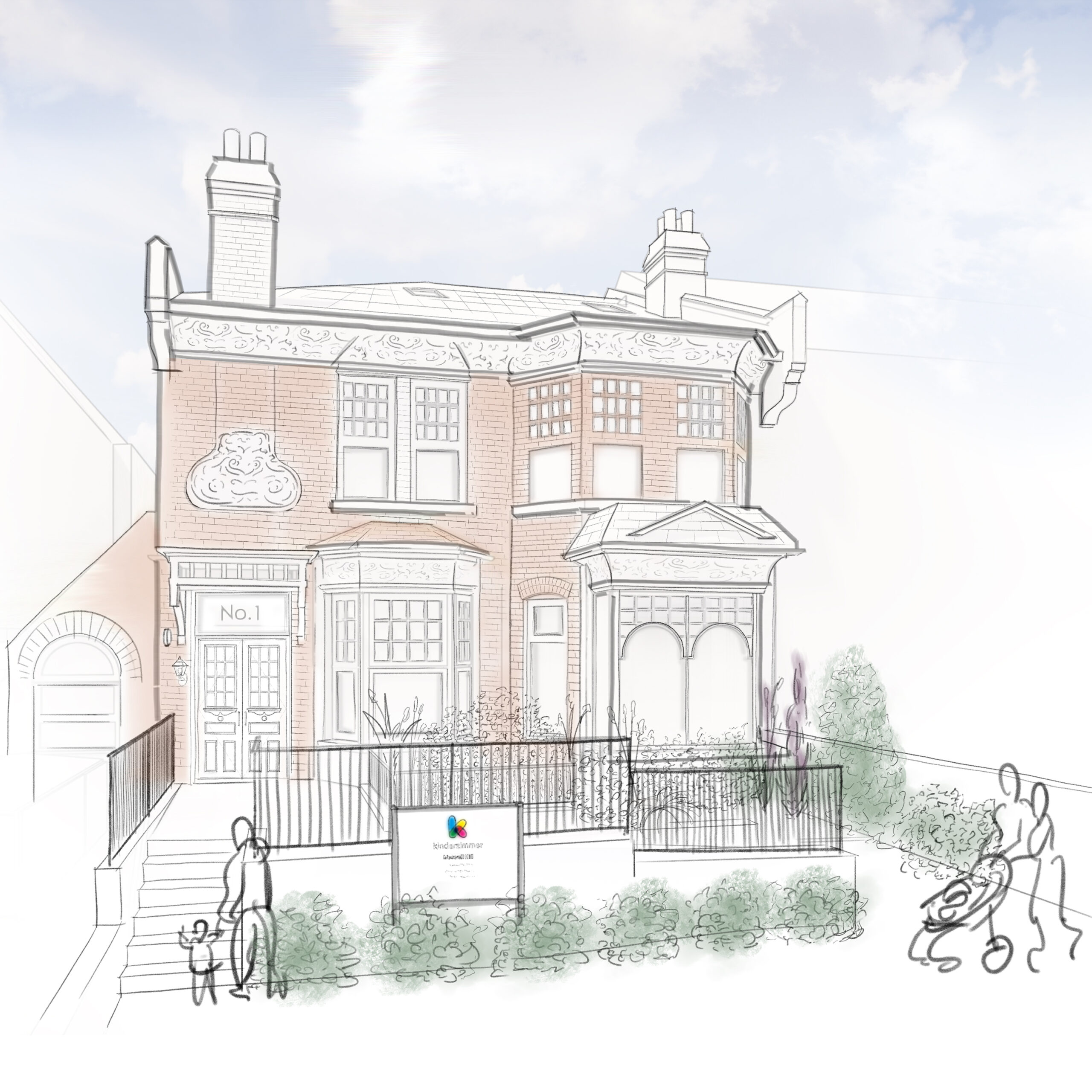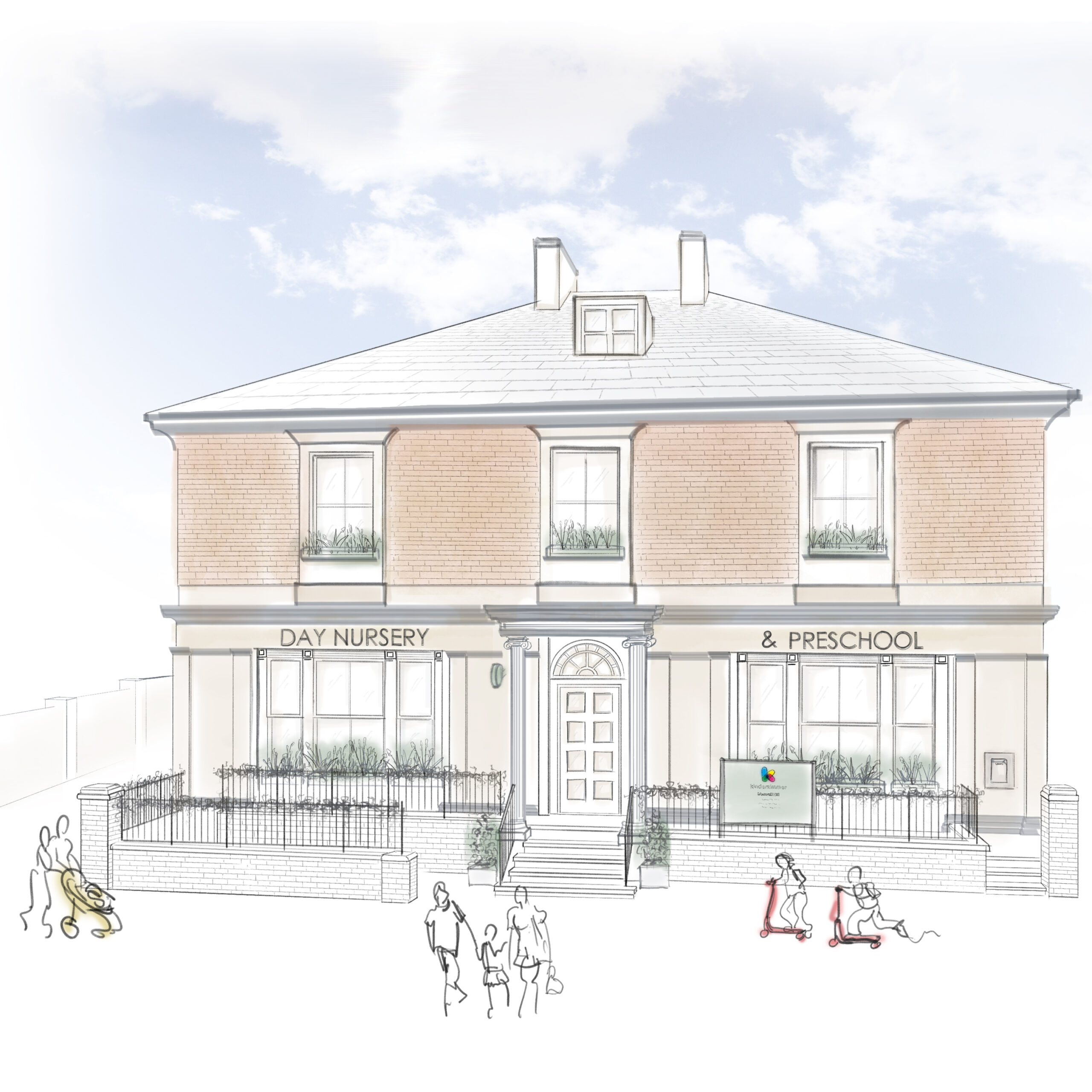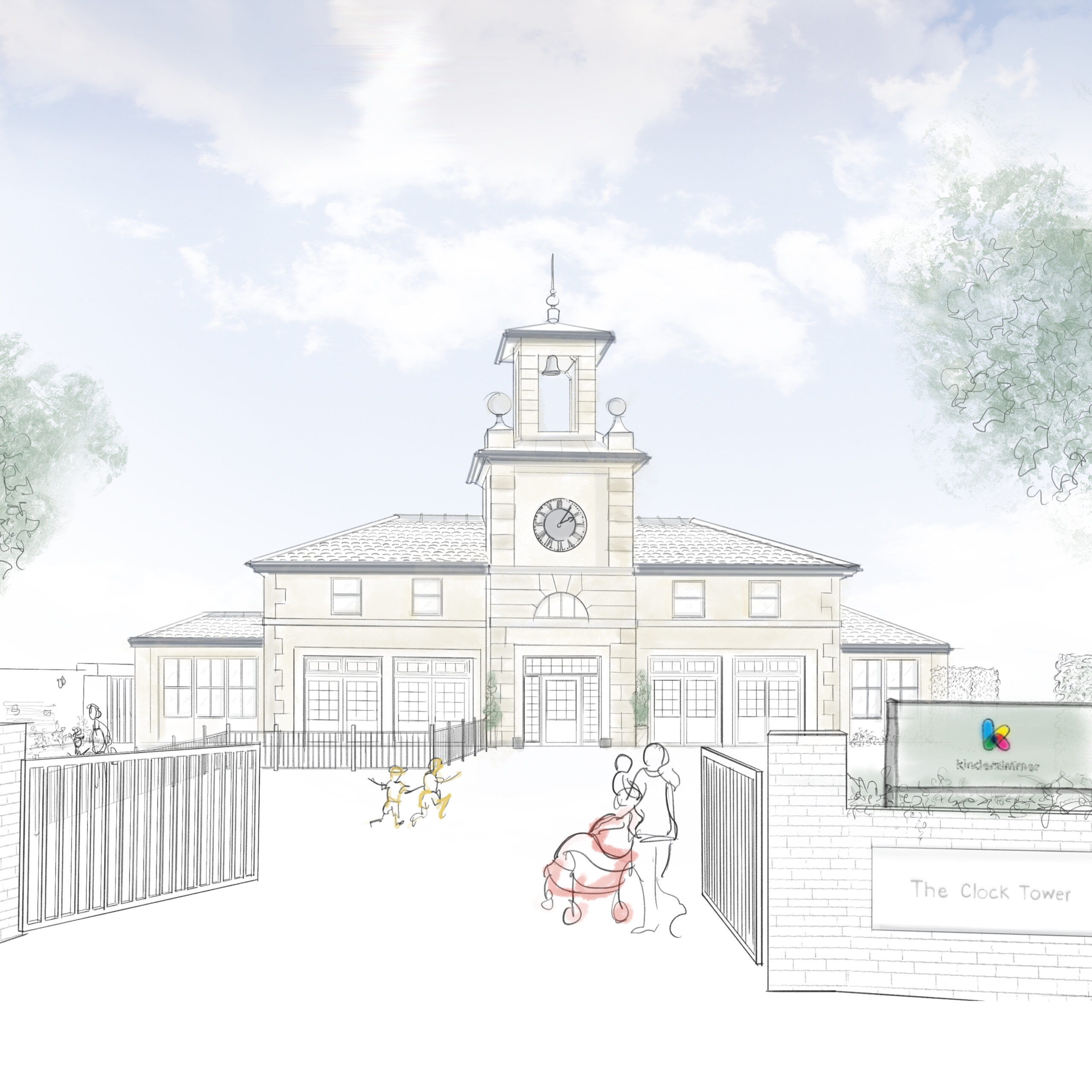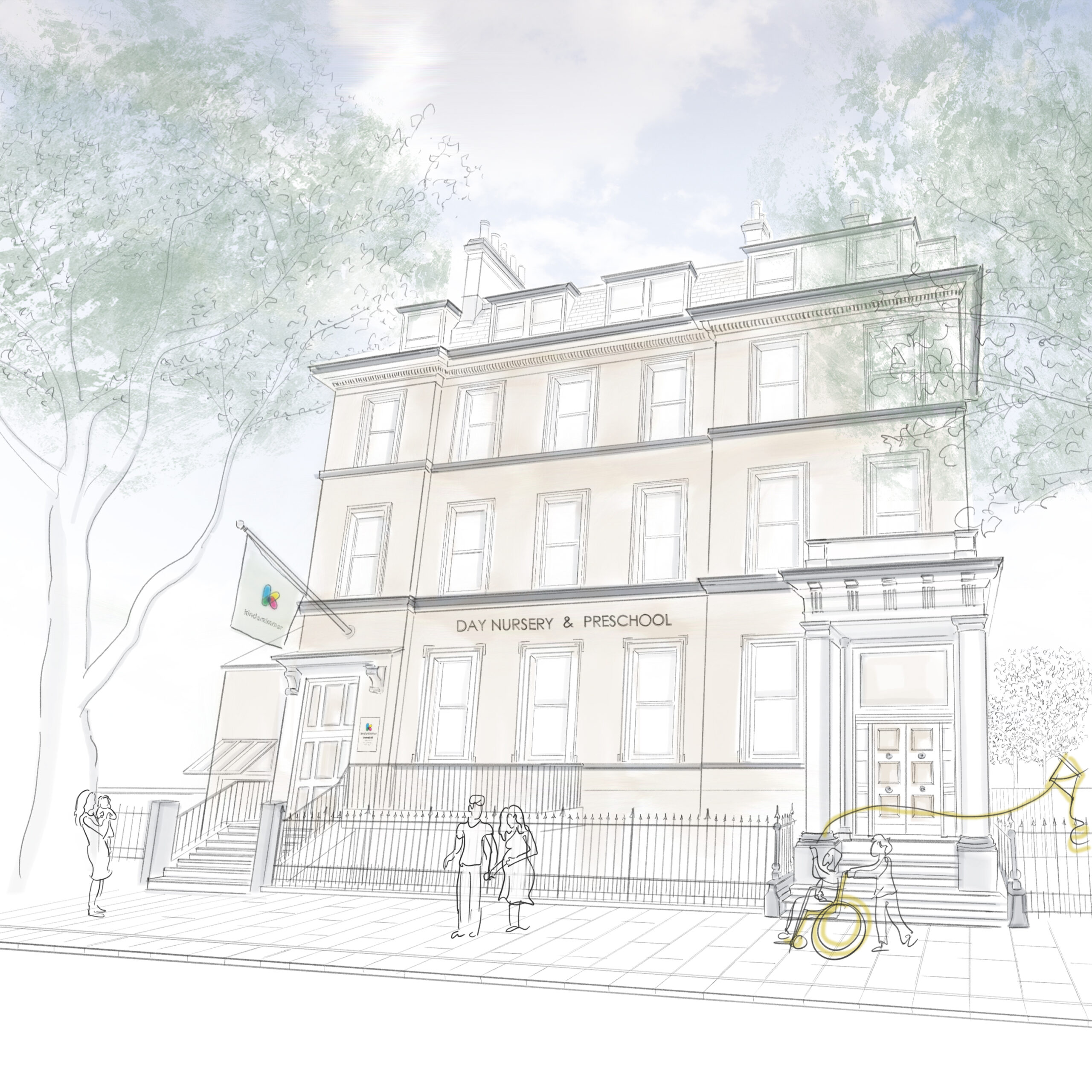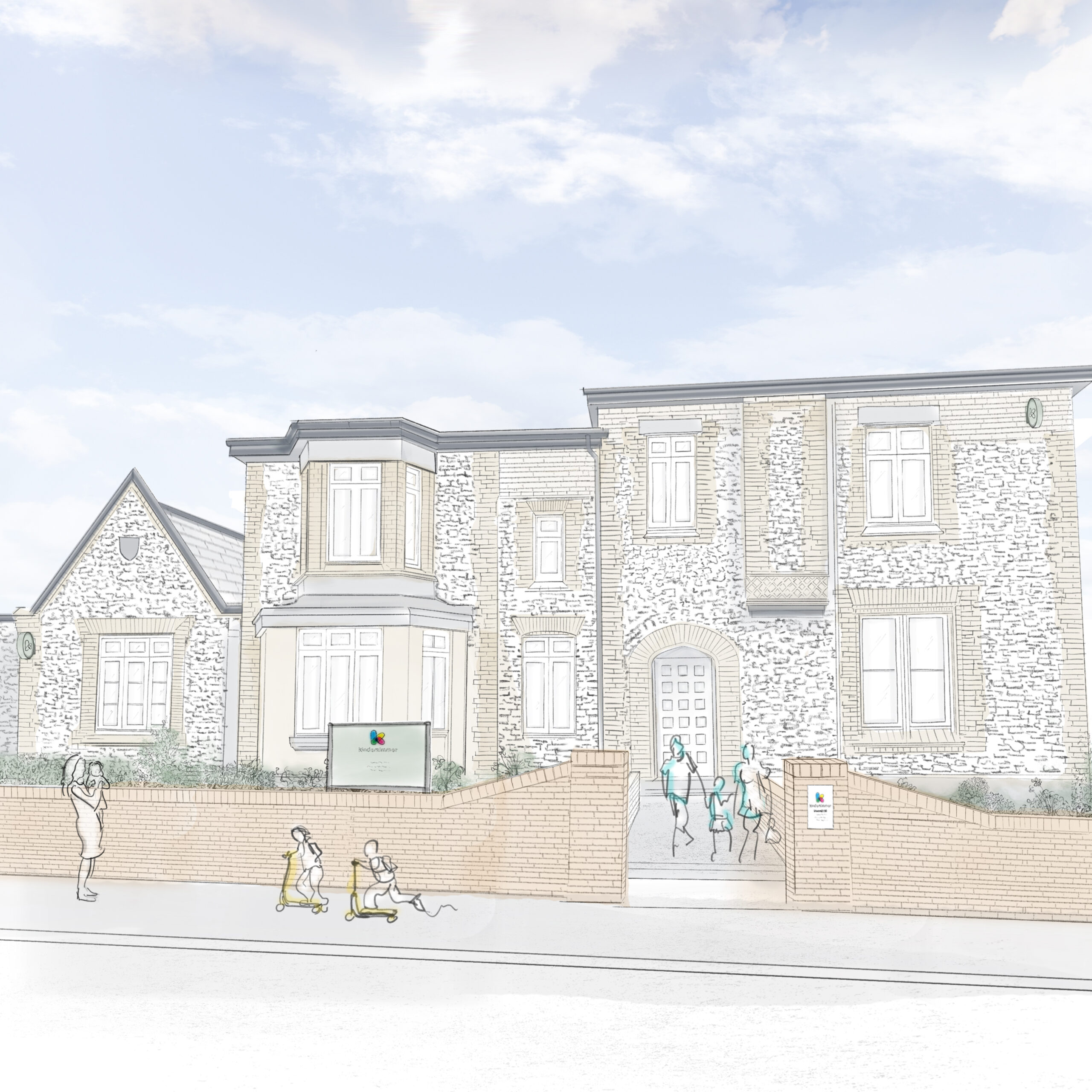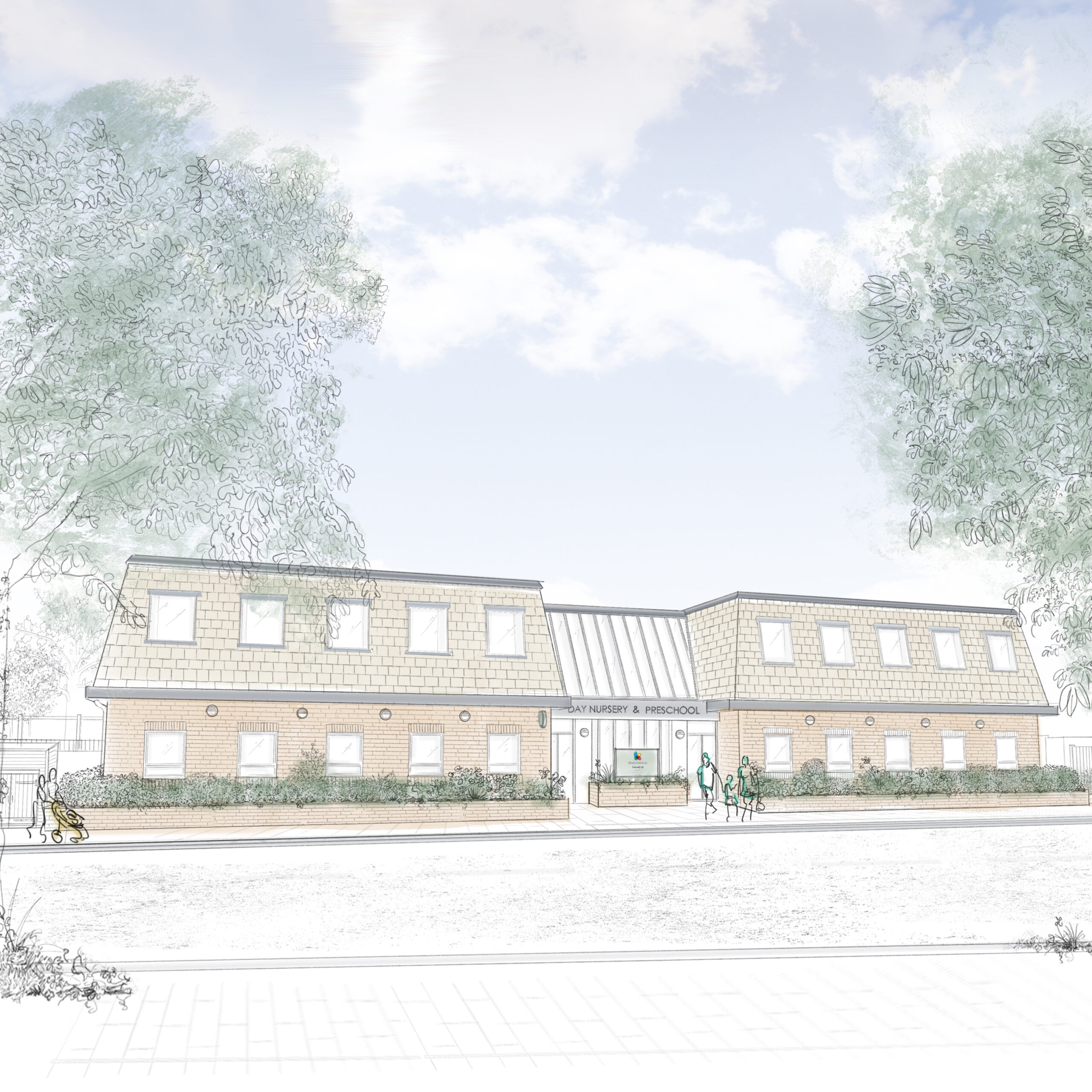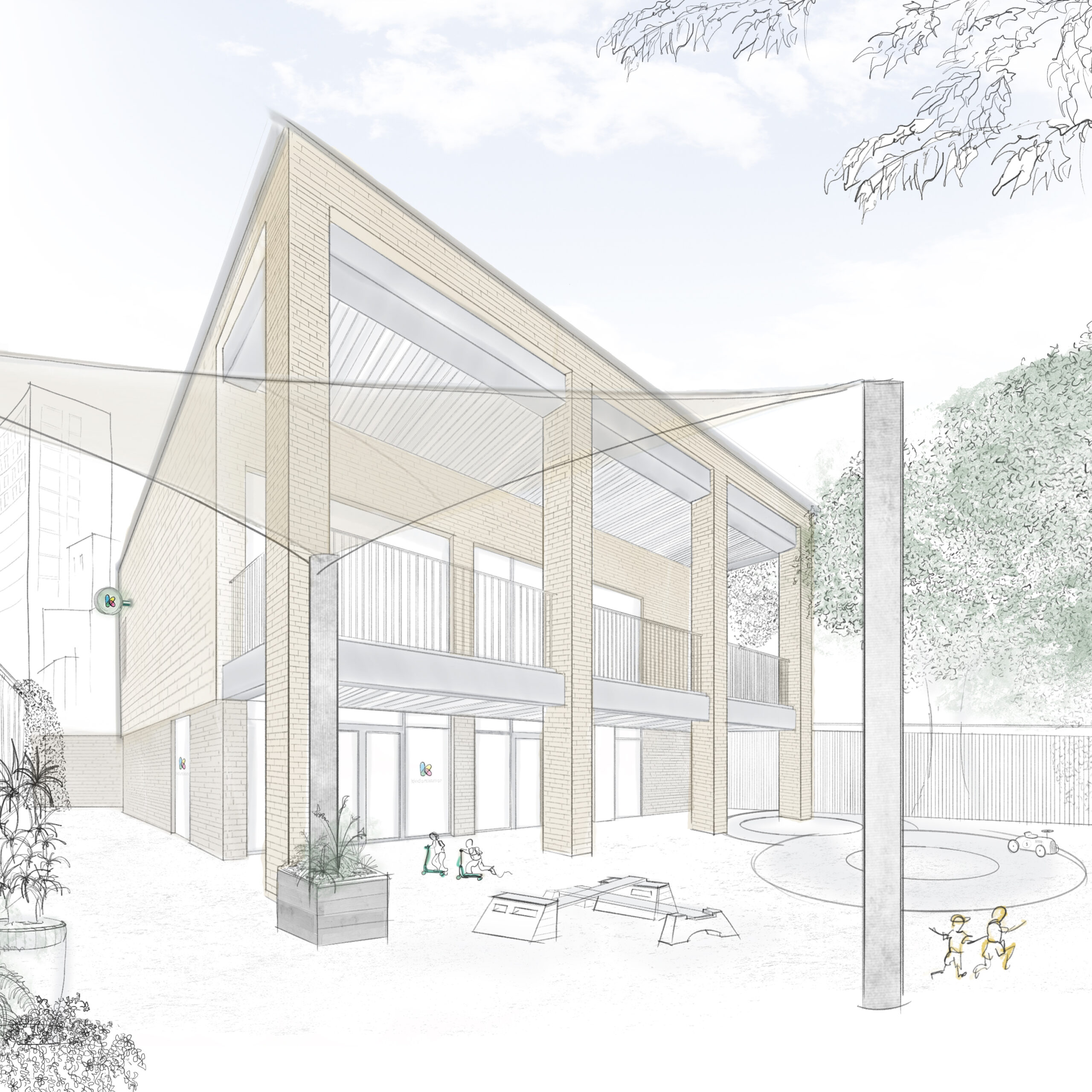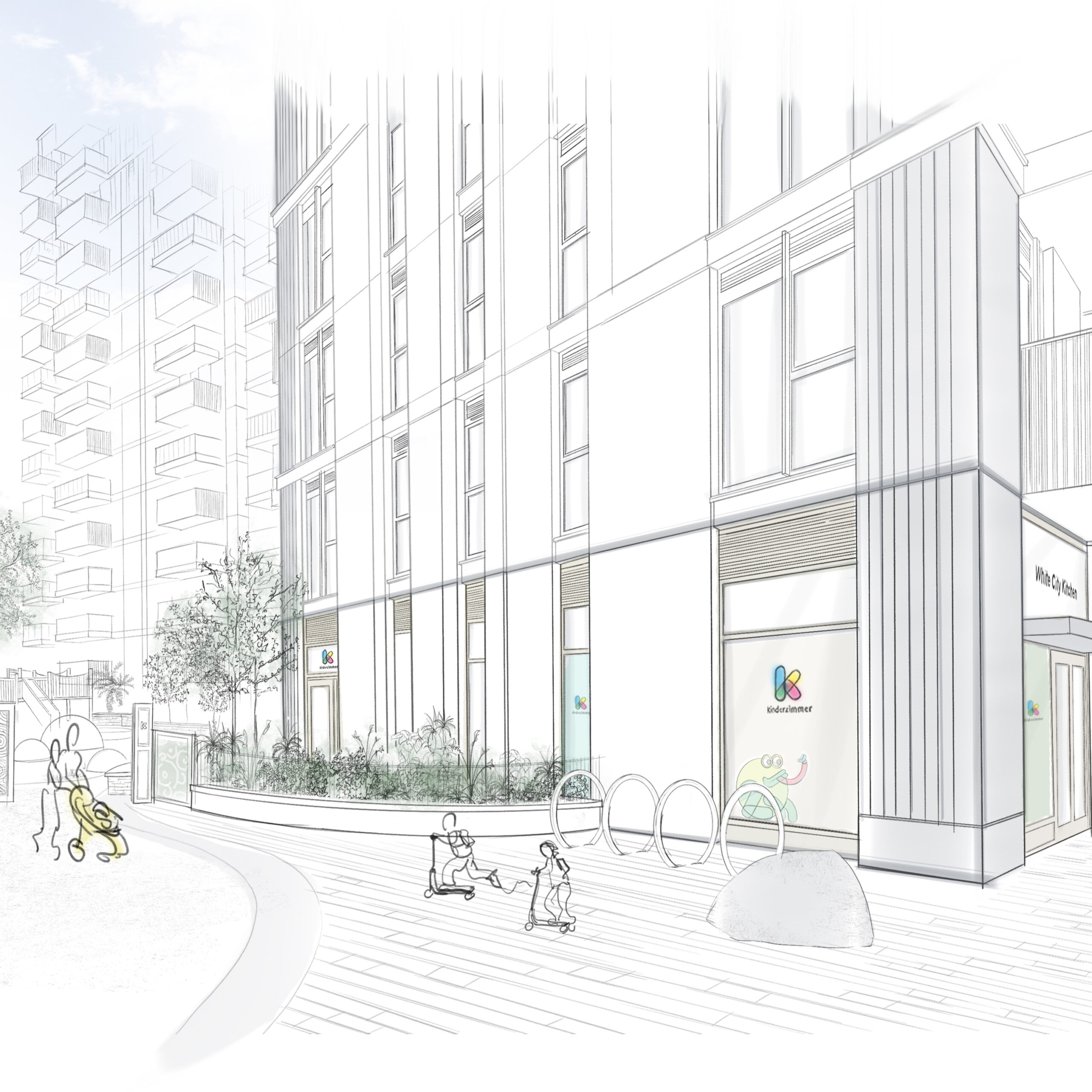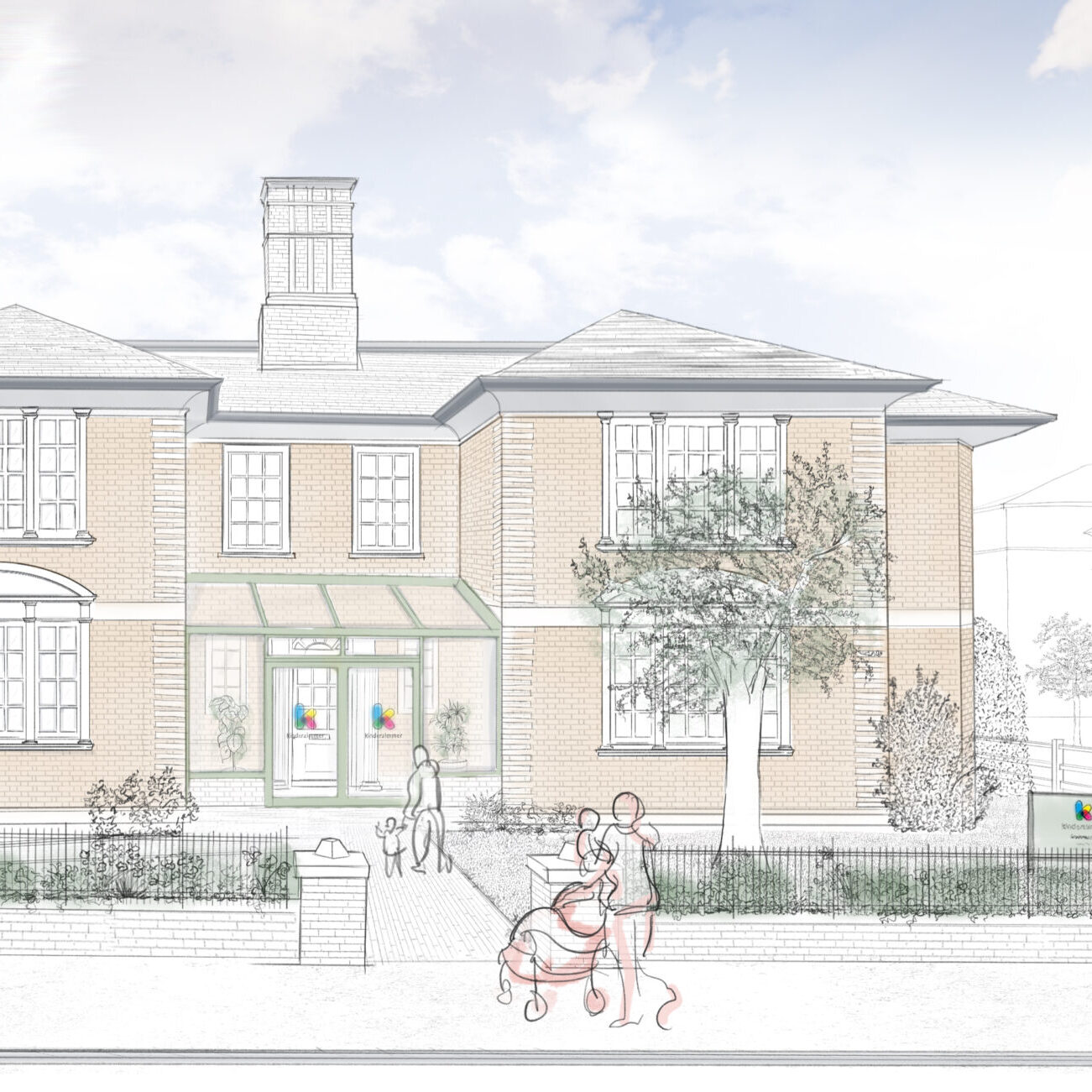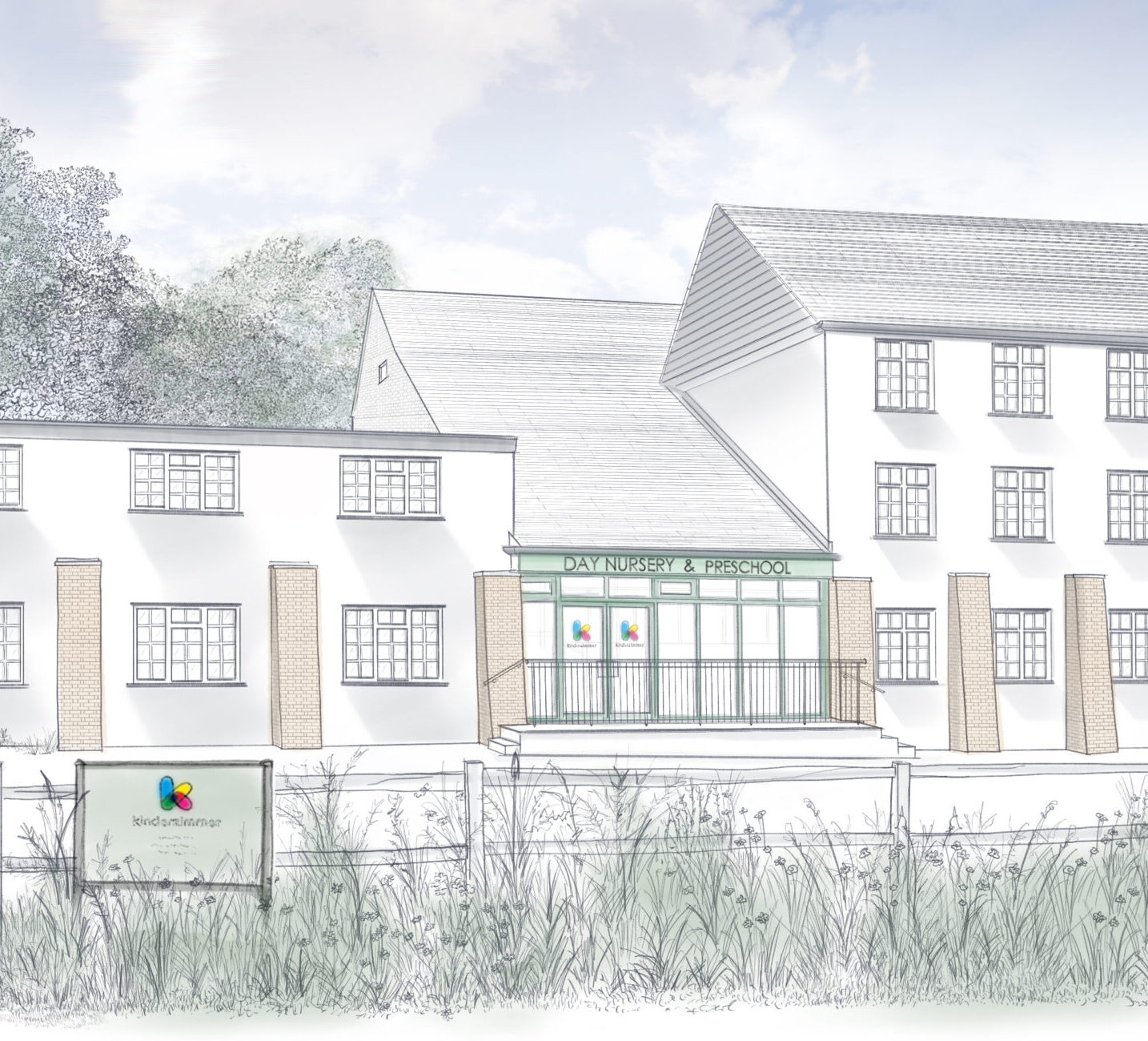At kinderzimmer the purpose of this bottle-feeding policy is to ensure the safe, hygienic, and appropriate feeding of infants in our care, whether they are fed with formula or breastmilk. Our policy aims to support the nutritional needs of each child, follow best practices for formula preparation and breastmilk handling, and accommodate parents’ preferences for feeding. By adhering to these guidelines, we create a safe and nurturing environment that fosters healthy growth and development for every baby.
This policy outlines the steps for preparing and storing formula and breastmilk, using equipment safely, and implementing feeding practices that protect infants’ health. We are committed to working closely with parents to ensure we meet each child’s specific needs, including transitioning from breastfeeding to bottle feeding if necessary. Educators are trained to follow these procedures, maintaining the highest standards of care to support the wellbeing of the infants in our nursery.
1. Hygiene and Cleanliness
– Wash hands thoroughly with soap and water before handling bottles, formula, breastmilk, or food.
– Clean and sanitize all feeding equipment, including bottles, teats (nipples), lids, and cups after each use. Bottles and teets need to be provided by parents. Please label bottles with sharpee pens with child’s initials.
– Keep feeding areas clean, using disposable paper towels for drying equipment and surfaces.
2. Preparation and Storage of Formula
– Age Restriction: Formula bottles will only be made for children aged 1 year and under. Children over 1 year old will be given full-fat cow’s milk in a Tommee Tippee cup. An allergen alternative will be provided if required.
– Water Temperature: Use freshly boiled water that has cooled to 70°C (158°F) to mix powdered formula if not using a prep machine. This temperature is crucial to kill any harmful bacteria, such as E. coli, that may be present in the powder.
– Accurate Measurements: Water must be in the bottle first measuring to the correct ounces requirements. When adding formula powder to the bottle, ensure the scoop is levelled off before placing it into the bottle to guarantee the correct amount of formula is used.
– Measure the water and add the appropriate amount of formula powder immediately after the water has cooled to 70°C.
– Cool the prepared formula quickly by placing the bottle under running cold water or in a container filled with cold water to the appropriate feeding temperature.
– Labelling: Write the date of opening on the formula tub. Once opened, use the formula powder within 4 weeks.
– Discard any formula that is left at room temperature for more than 1 hour or has been partially consumed.
– Label bottles with the child’s name, the date, and the time the formula was prepared.
3. Using the Tommee Tippee Bottle Prep Machine
– Set-Up: Ensure the Tommee Tippee Bottle Prep Machine is clean and filled with freshly boiled, cooled water. Always use the appropriate water filter designed for the machine.
– Preparing a Bottle:
1. Place a clean, empty bottle under the dispenser.
2. Add the correct amount of formula powder to the bottle.
3. Select the required feed size on the machine (typically in ounces).
4. Press the start button. The machine will dispense a small amount of hot water (at approximately 70°C) into the bottle to kill any bacteria in the formula powder.
5. Shake the bottle to mix the formula with the hot water.
6. The machine will then add the remaining amount of water at a cooler temperature to bring the formula to the perfect feeding temperature.
– After Use: Wipe down the machine and clean any spills. Regularly clean and descale the machine according to the manufacturer’s instructions.
– Important Notes:
– Always use a filter designed specifically for the Tommee Tippee Bottle Prep Machine.
– Replace the water filter as recommended by the manufacturer to ensure water safety.
– Do not use the machine if the “clean” light is on. Clean the machine thoroughly before the next use.
4. Handling Breastmilk
– Breastmilk must be brought to the nursery in correctly measured, sealed packets, with each packet clearly labelled with the date it was pumped and initials of the child.
– Store breastmilk in a refrigerator at 4°C (39°F) for up to 4 days, or in a freezer at -18°C (0°F) for up to 6 months.
– Thaw frozen breastmilk in the refrigerator overnight or by placing it in a container of warm water. Never use a microwave to thaw breastmilk.
– Shake the thawed breastmilk gently to mix any separated fat. Do not vigorously stir or shake, as this can break down its beneficial components.
– Discard any breastmilk that has been at room temperature for more than 2 hours or that has been partially consumed.
5. Feeding Practices
– Age-Appropriate Milk:
– Children aged 1 year and under will be given formula or breastmilk.
– Children over 1 year will be given full-fat cow’s milk in a Tommee Tippee cup or allergen substitute if required. This needs to be introduced at home by the parents first.
– Water: Children under 6 months will not be given water. Boiled, cooled water will only be offered with meals for children over 6 months outside of their formula bottles. No unboiled tap water will be used for any child under 1 year, including in food preparation, ice lollies, ice, etc.
– Always hold the baby during feeding to foster bonding and ensure proper feeding technique. Babies are never to be left with a bottle of milk by themselves or in a lying flat position.
– Warm bottles of formula or breastmilk by placing them in a bottle warmer. Never use a microwave to warm bottles, as it can cause hot spots and uneven heating.
– Check the temperature of the milk by dripping a small amount on the inside of your wrist; it should be warm, not hot.
– Feed according to the baby’s cues (hunger signs) rather than on a strict schedule. If a child refuses a bottle, do not keep feeding the child with the bottle.
– Do not force the baby to finish the bottle. Respect their signs of fullness.
6. Winding (Burping) the Baby
– When to Burp: Wind the baby during and after feeding to help release any air swallowed while feeding.
– How to Burp:
– Over-the-Shoulder: Hold the baby upright with their head resting on your shoulder. Support their head and gently pat or rub their back in circular motions until they burp.
– Sitting Up: Sit the baby on your lap, supporting their chest and chin with one hand while gently patting their back with the other.
– Face-Down on Lap: Place the baby face-down on your lap, ensuring their head is higher than their chest. Gently rub or pat their back.
– After Burping: Keep the baby upright for about 10-15 minutes after feeding to help prevent spit-up and allow them to digest the milk more easily.
7. Checking Bottles and Teats for Wear and Tear
– Regular Inspections: Check bottles and teats regularly for signs of wear and tear, such as cracks, splits, thinning, or discoloration. Damaged equipment can pose choking hazards and harbor bacteria.
– Teat Size: Use the appropriate teat size based on the baby’s age and feeding needs. Teats are usually numbered or labelled by flow rate (slow, medium, fast). Check with parents to confirm the correct teat size for their child.
– Replacement: Replace teats at the first sign of damage or every 2-3 months, even if no wear is visible, to maintain hygiene and functionality.
– Sterilization: Sterilize bottles, teats, and all feeding equipment after every use to reduce the risk of infection.
8. Communication with Parents
– Advance Preparation: Contact parents of babies one month before starting to ensure that the correct baby formula is ordered for their child. If the child is exclusively breastfed, encourage parents to start familiarizing their baby with bottle feeding to ease the transition when they start care.
– Communicate daily with parents about their baby’s feeding schedule, amounts consumed, winding process, any issues with bottles/teats, and any changes observed in feeding habits.
– Respect parents’ preferences for feeding (breastmilk or formula) and follow their instructions as closely as possible.
– Provide a quiet, comfortable space for breastfeeding mothers if they wish to nurse their babies on-site.
9. Leftover Milk
– Discard any remaining breastmilk or formula left in the bottle after feeding. Do not save it for later use due to the risk of bacterial contamination.
10. Training for Educators
– All staff should be trained on proper formula and breastmilk handling, preparation, storage, feeding techniques, winding practices, use of the Tommee Tippee Bottle Prep Machine, and how to check bottles and teats for wear and tear.
– Stay updated with the latest guidelines from health authorities (e.g., WHO, NHS) regarding infant feeding practices.
